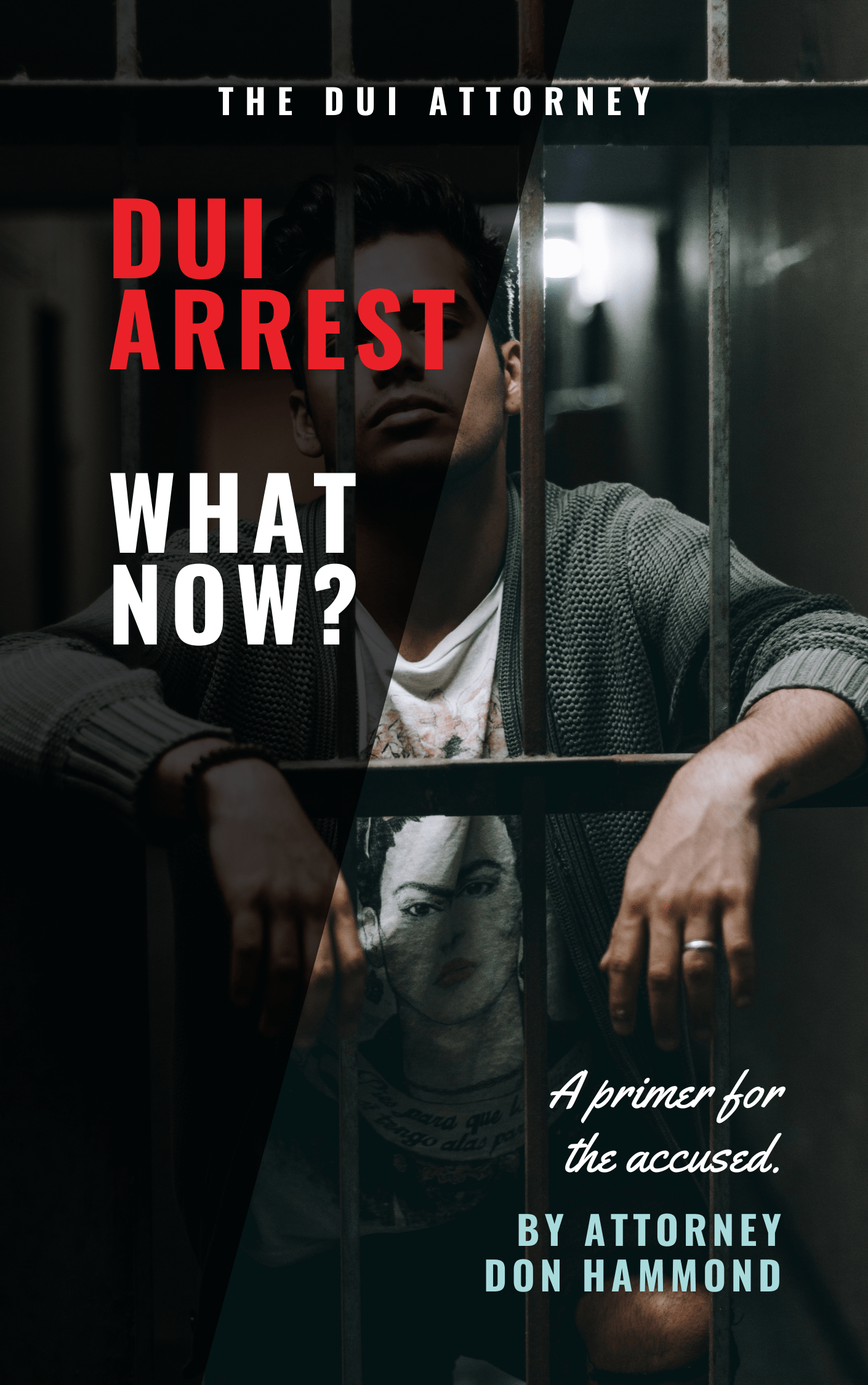A DUI arrest in California kicks off two completely separate processes: (1) A criminal court case; and (2) a DMV license suspension action. In court, consequences include possible jail time, probation, DUI classes, and fines. In the DMV license suspension action, the DMV tries to suspend the defendant’s driver’s license. A driver who is arrested for DUI in California only has 10 days to request a DMV hearing, or else the DMV automatically imposes a suspension. The DMV calls this hearing an Administrative Per Se hearing or APS hearing.
The length of the DMV suspension depends on the defendant’s history and the facts of the case. For a standard first-time DUI arrest, the suspension period is typically 4 months with options for a restricted license. In a first-time refusal case, the suspension period is one year, with no restricted license options.
If a driver loses the DMV hearing, they may file a petition for writ of mandate in the superior court. This is sometimes called a DMV suspension appeal.

Step 1: Request a Hearing to Challenge the DMV Suspension
A driver who is arrested for DUI in California only has 10 days to request a DMV hearing. If the driver does not request a hearing within 10 days, the DMV automatically imposes a suspension. When a driver requests a DMV hearing, the suspension is stayed until the outcome of the hearing. The stay means that the driver gets to keep driving with no restrictions until after the DMV hearing.
Step 2: Gather Evidence
Prior to the hearing, the driver’s attorney can send subpoenas to the arresting agency, the crime lab, and anyone else who may have relevant information. This is a critical information-gather stage. We will request body camera footage, dash camera footage, and maintenance & calibration records for breath and blood testing equipment.
Step 3: Attend the Hearing to Challenge the DMV Suspension
A DMV hearing officer presides over the hearing, introduces evidence, and rules on objections. The driver’s attorney may present evidence, including body camera footage, medical records, and expert testimony.
It is important to make appropriate objections to the format of the hearing, as well as to the DMV’s evidence. These objections may include: hearsay, lack of foundation, violations of due process, and many more.
After the hearing officer admits the evidence and rules on all objections, the driver’s attorney will make a closing statement, arguing why the DMV cannot uphold the suspension.
After the hearing, the hearing officer prepares a decision. The decision lays out why the hearing officer is either upholding the suspension or issuing a set aside. A “set aside” means that the driver won the hearing and the DMV will not impose a suspension.
Step 4: File a Petition for Writ of Mandate in Superior Court
If a driver loses the DMV APS hearing, the next step is to appeal the decision to a judge in a DMV suspension appeal. The driver may file a petition for writ of mandate within 34 days of the decision. A petition for writ of mandate is a lawsuit against the DMV, asking the court to order the DMV to set aside the suspension. The filing procedures are governed by the Code of Civil Procedure, which is highly technical. After the driver files the petition, someone must serve the DMV with the petition, and file a proof of service in court.
After the driver files the petition, the next step is an ex parte application for a stay of the suspension while the petition is pending in court. An ex parte application is an expedited procedure, with only one or two days notice to the other party. The court will hold a hearing to determine if the stay should be granted. At this hearing, the driver must convince the court of several things: (1) They will experience irreparable harm if the stay is denied; (2) They are likely to prevail on the merits of the petition; and (3) There is no danger to the public.
The next step is a trial setting conference, where the court will set a date for trial on the merits of the petition for writ of mandate. Once the court sets a trial date, the parties file briefs as to how the court should rule on the petition and why.
On the day of trial, the judge usually issues a tentative decision based on the briefing. Then, the parties can argue why that tentative decision is correct or incorrect. A prevailing driver may request attorneys fees for the writ process.
How an Attorney Can Help Win Your DMV Suspension Appeal
DMV suspension appeals are very complicated and legally technical. Many DUI attorneys do not handle them, as most DUI attorneys do not have any experience in civil court. The right attorney will have experience filing petitions for writ of mandate against the DMV. At Criminal Defense Heroes, P.C., we have filed multiple DMV suspension appeals for clients. The timelines to file are tight, so if you recently lost a DMV APS hearing, call us today at 323.529.3660.










